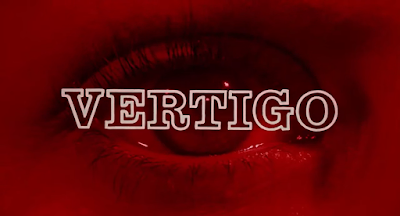Winchester '73 (1950), directed by Anthony Mann and starring James Stewart, is widely regarded as a milestone in the development of the Western genre. It is a film that transcends the conventions of its time, bringing a darker, more psychologically complex approach to the genre, while still maintaining the essential elements that define a great Western. Those elements are not as varied as you might like ti imagine, it's a tight set of tropes on the range. Here though and in western noir, psychological western film noir, the cultural impact of Winchester '73 as a transformative film in Hollywood's portrayal of the American frontier should be manifest as much as it's a manifesto.
Classic Film Noir exposes the myths by which we fulfil our desires — sex — murder — and the suburban dream — 1940 to 1960 — FEATURING: amnesia, lousy husbands, paranoia, red scare and HUAC, boxing, drifter narratives, crooked cops, docu-style noir, returning veterans, cowboy noir, outré noir — and more.
Winchester '73 (1950)
Call Northside 777 (1948)
The sub brand of noir known as documentary style film noir is a useful something of a vague category descriptor, although it refers in real terms to the removal of production from sound stages to in many cases the streets and buildings in which events real or based on actuality came to be filmed.
Rear Window (1954)
The dream of murder commences as James Stewart's character photographer Jeff appears to piece together something far too gruesome to be shown on screen, including the hack sawing of a woman's body.
Vertigo (1958)
This psychological fantasy in full colour is probably one of the greatest and more ravishing Technicolor films ever produced, and so it does not perhaps fit the full film noir bill with its vibrant shades of rose and green.
The paranoia is real as is the preposterous fantasy elements, which if anything work against Vertigo because full-on colour like this, and most especially in its many splendid exteriors, are suggestive of a more real milieu.
The story is one of murder and madness, of weakness and psychological manipulation, and as often with Hitchcock, the ongoing manipulation and cruelty to women, who are judged poorly by men - - and it is all wrapped up in suspenseful storytelling and mystery.
The full whack of the psychological thriller film directed and produced by Alfred Hitchcock has become immortal in this picture.
.png)
.png)
.png)
